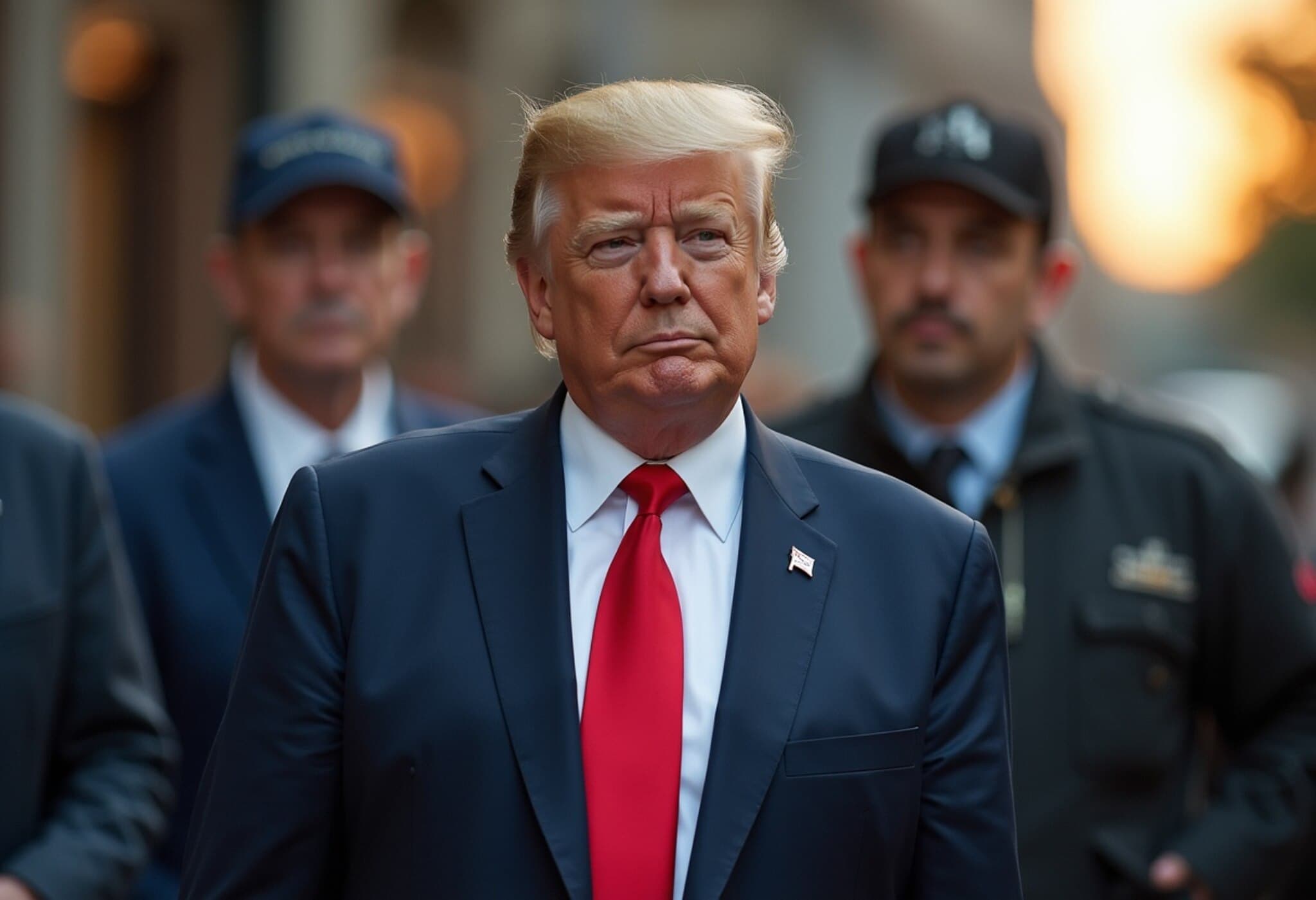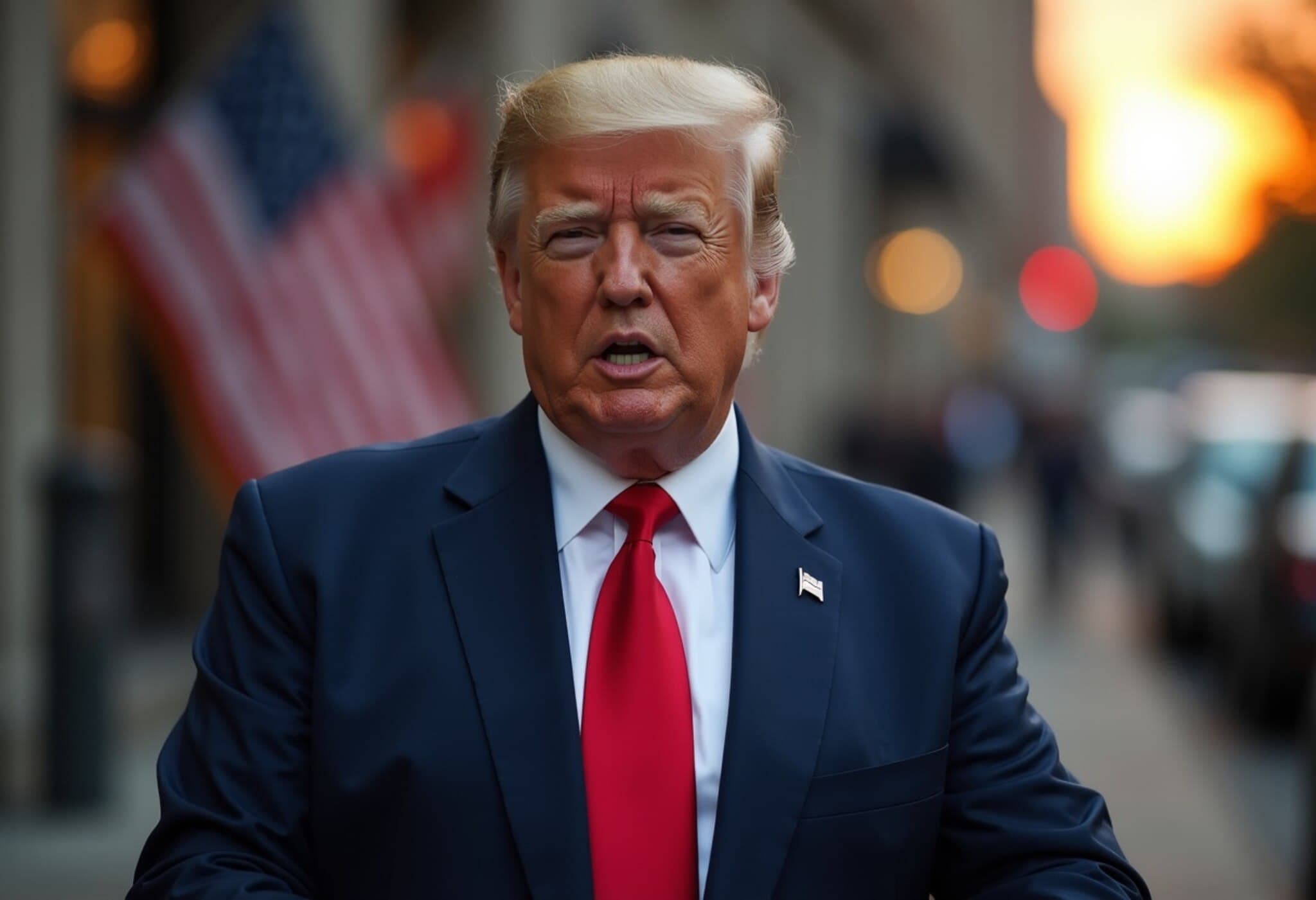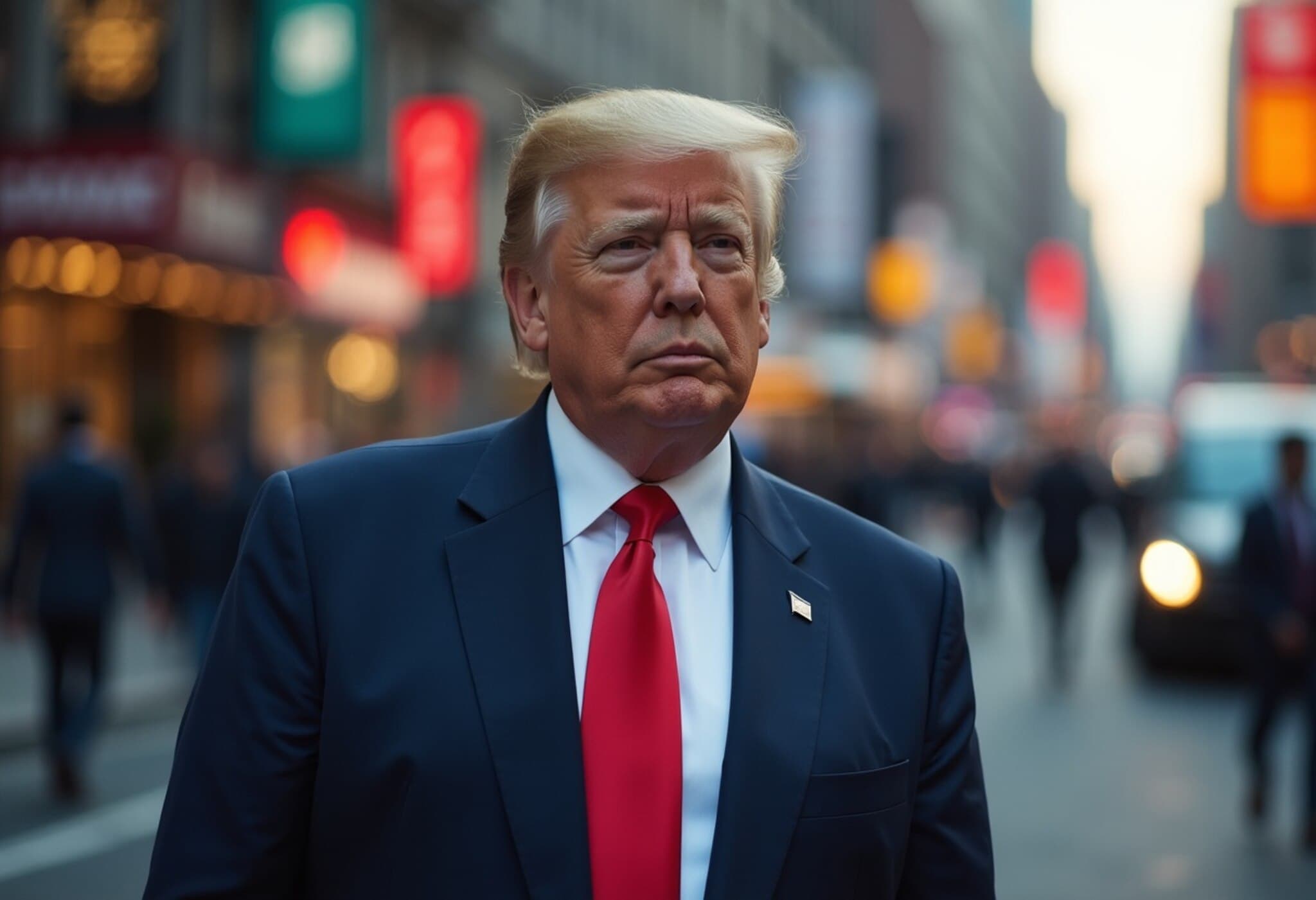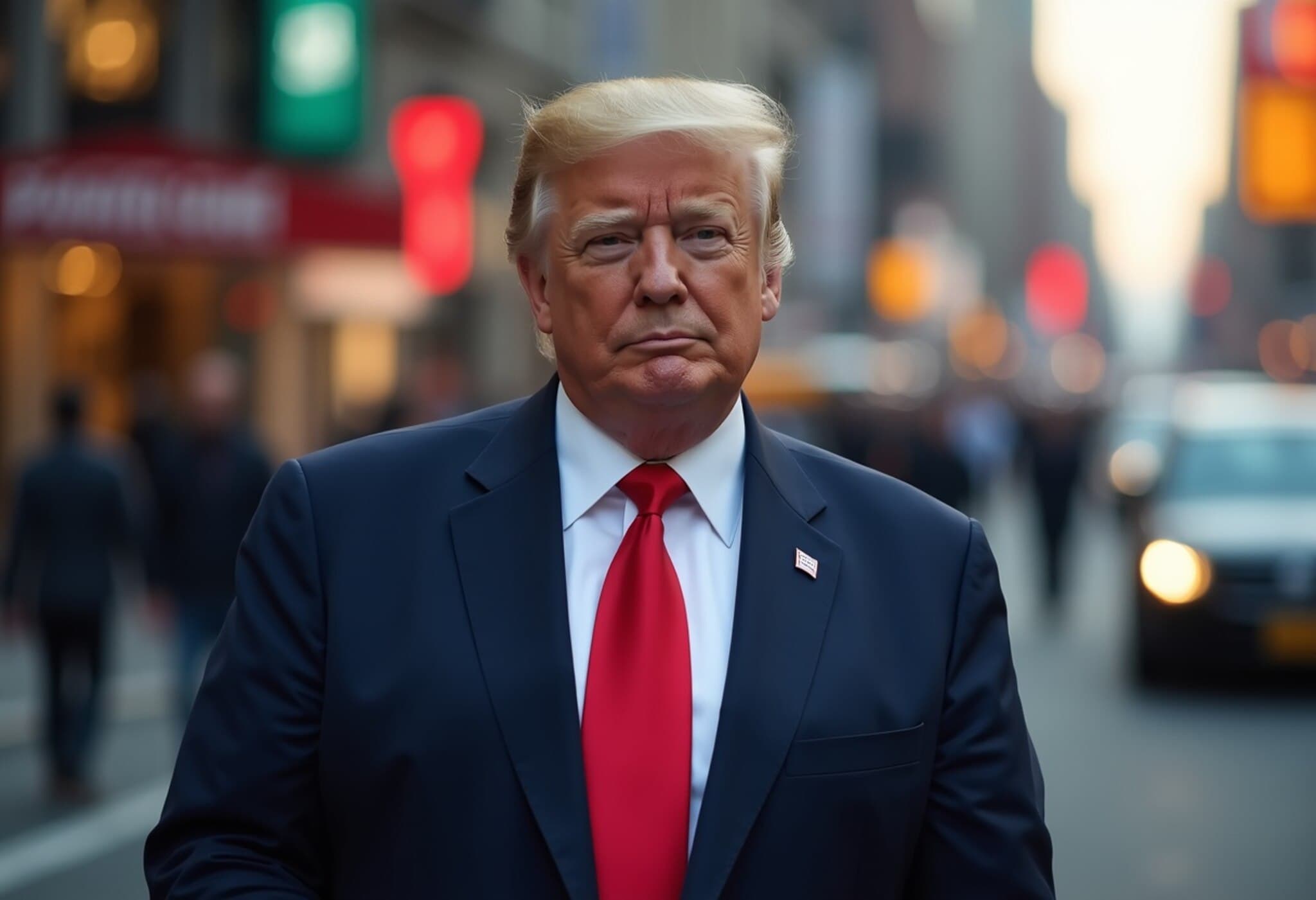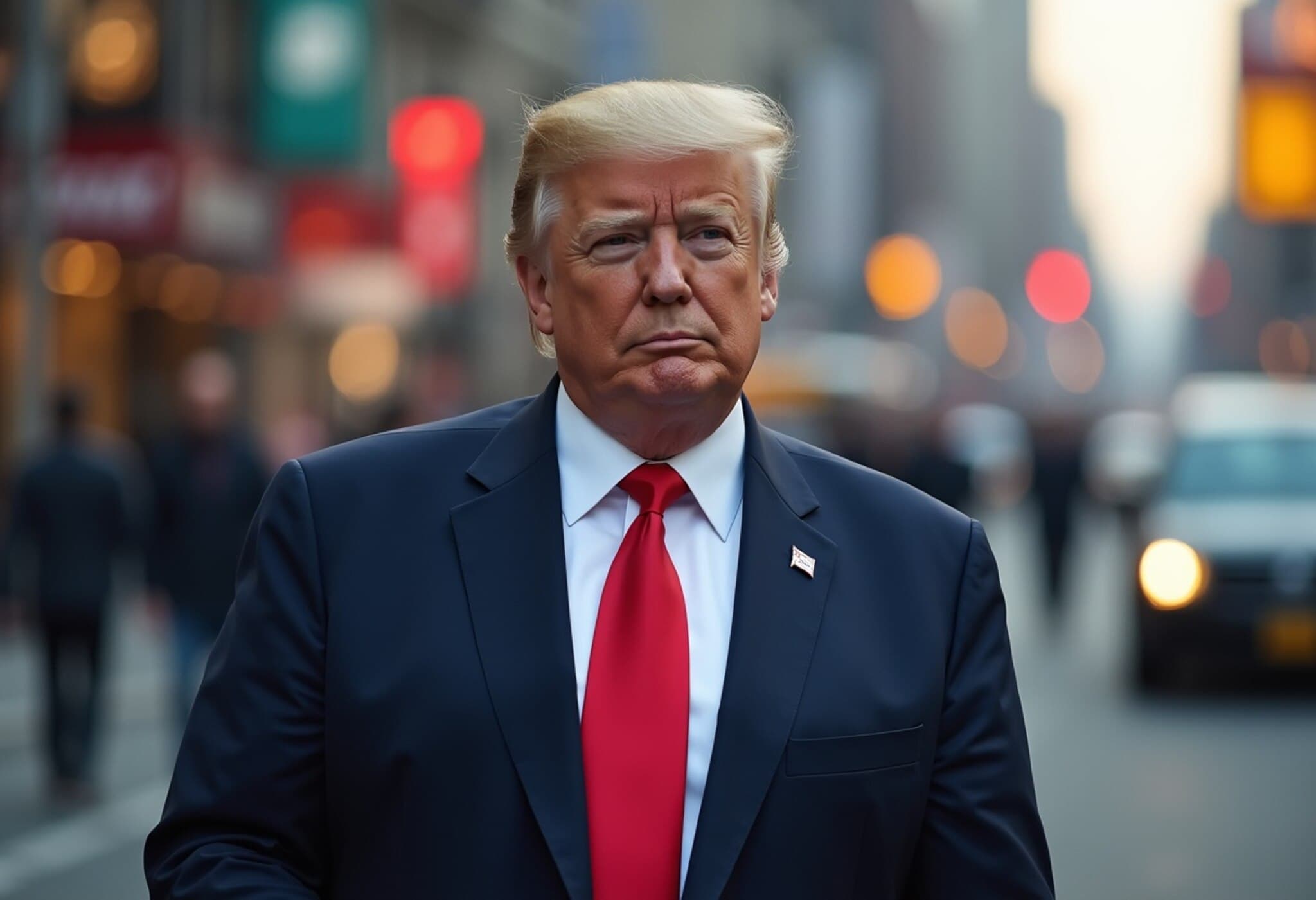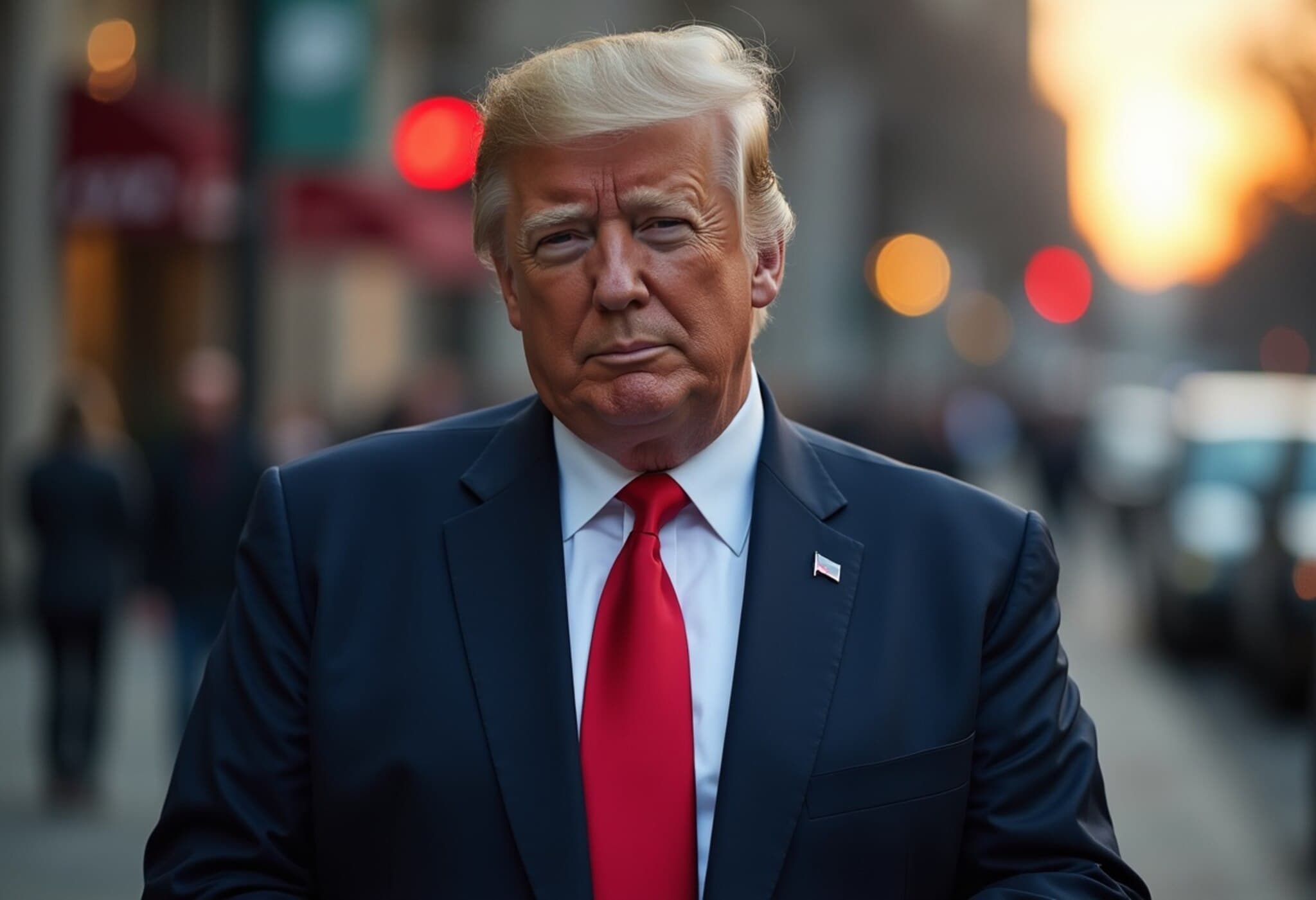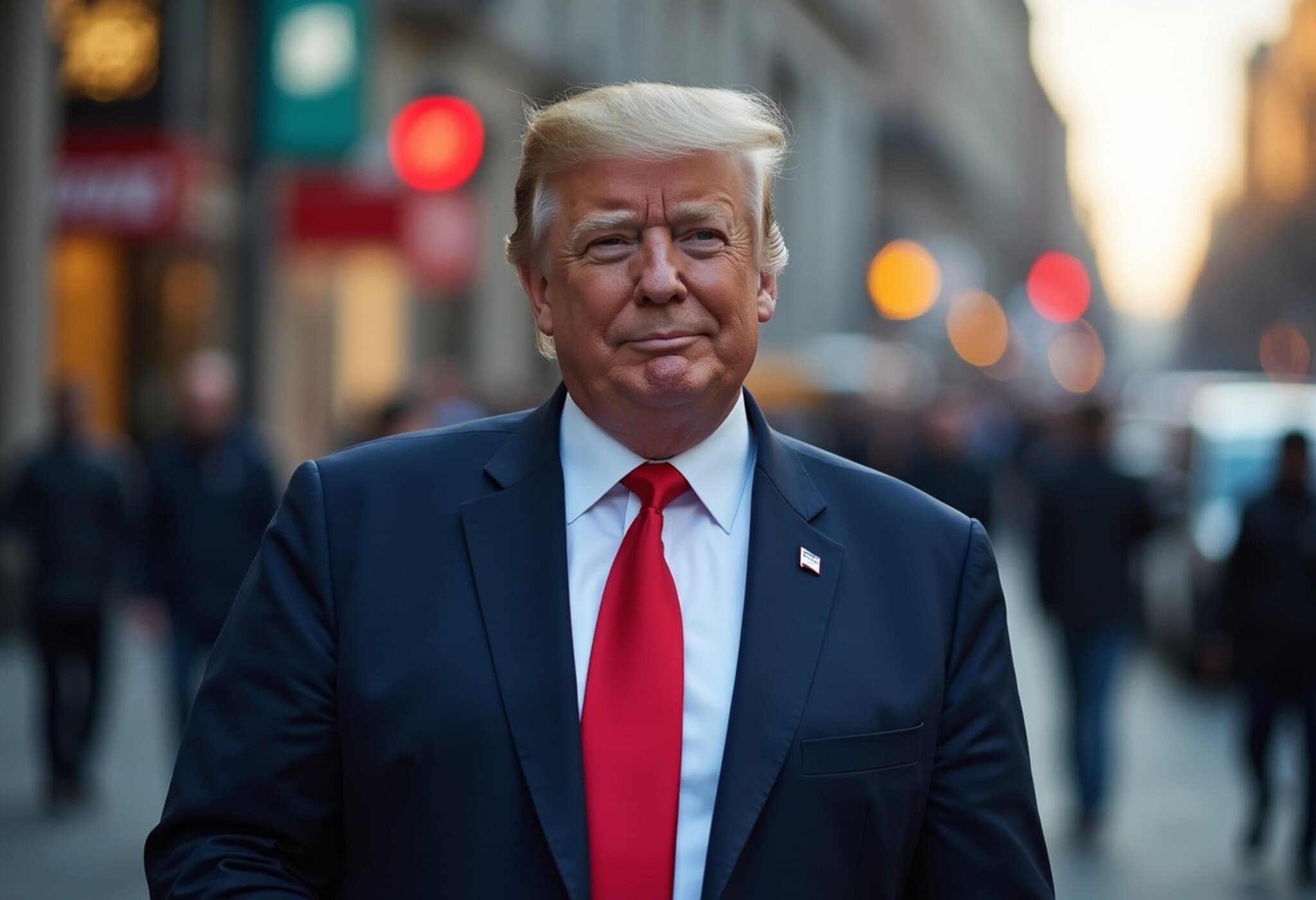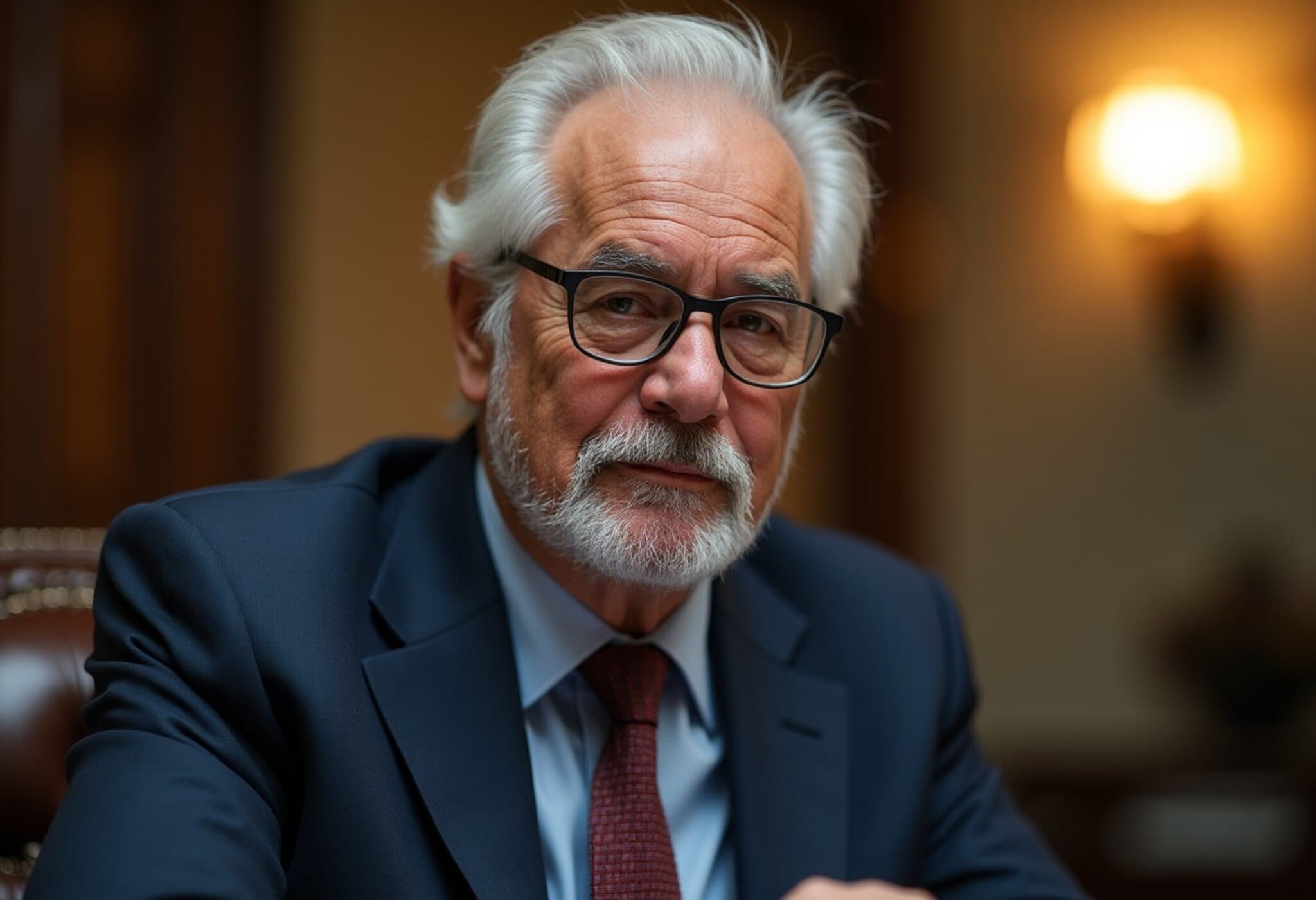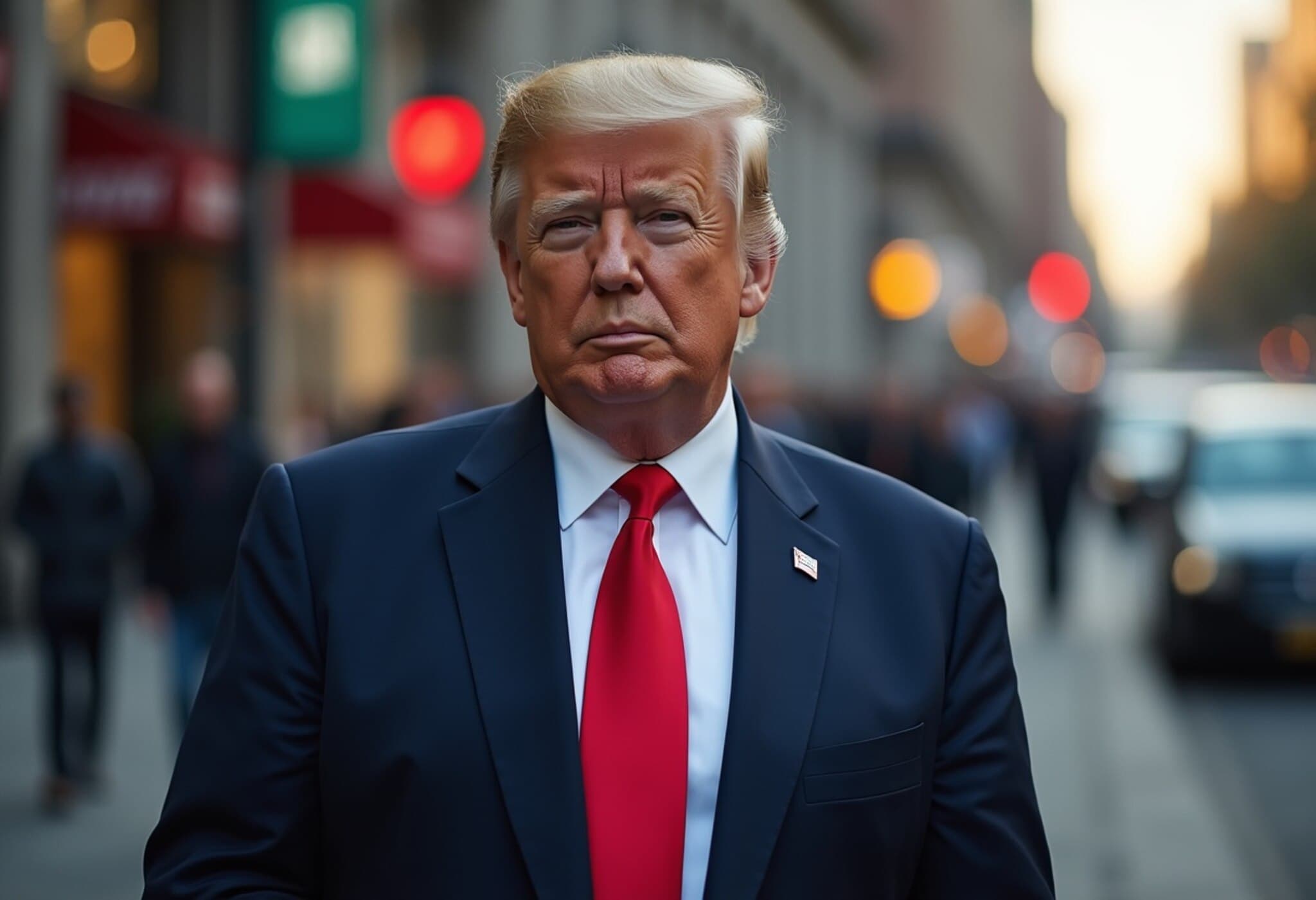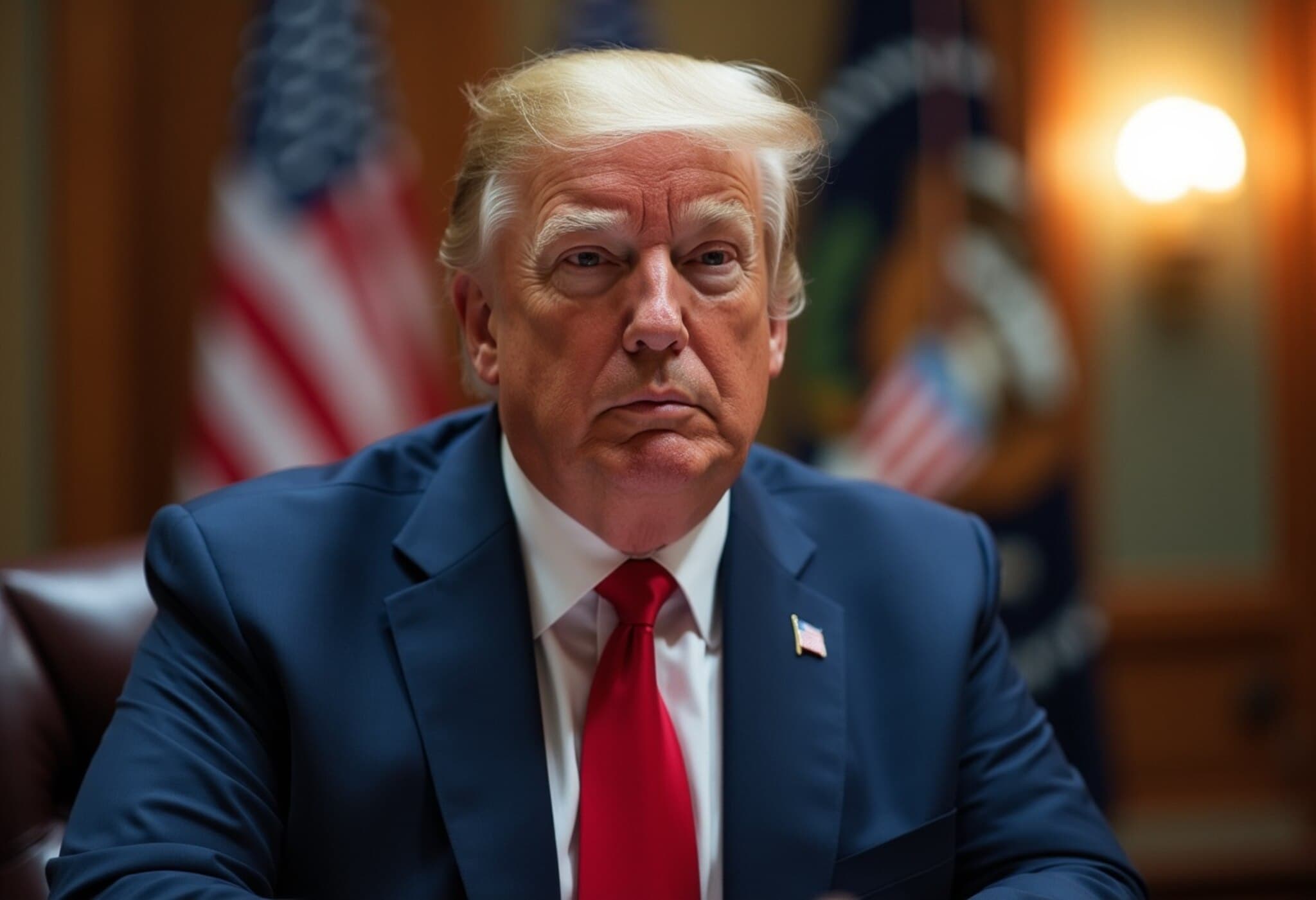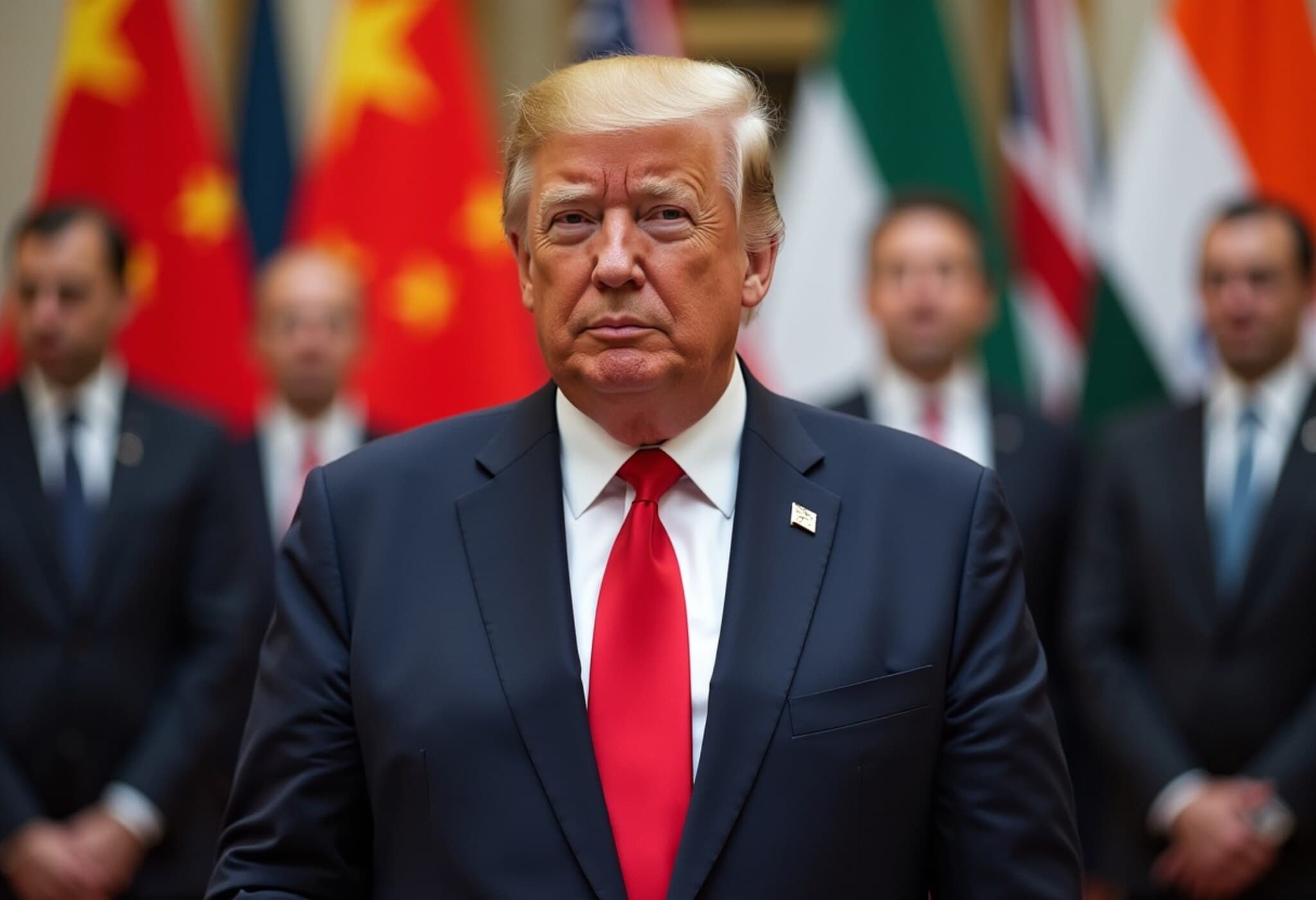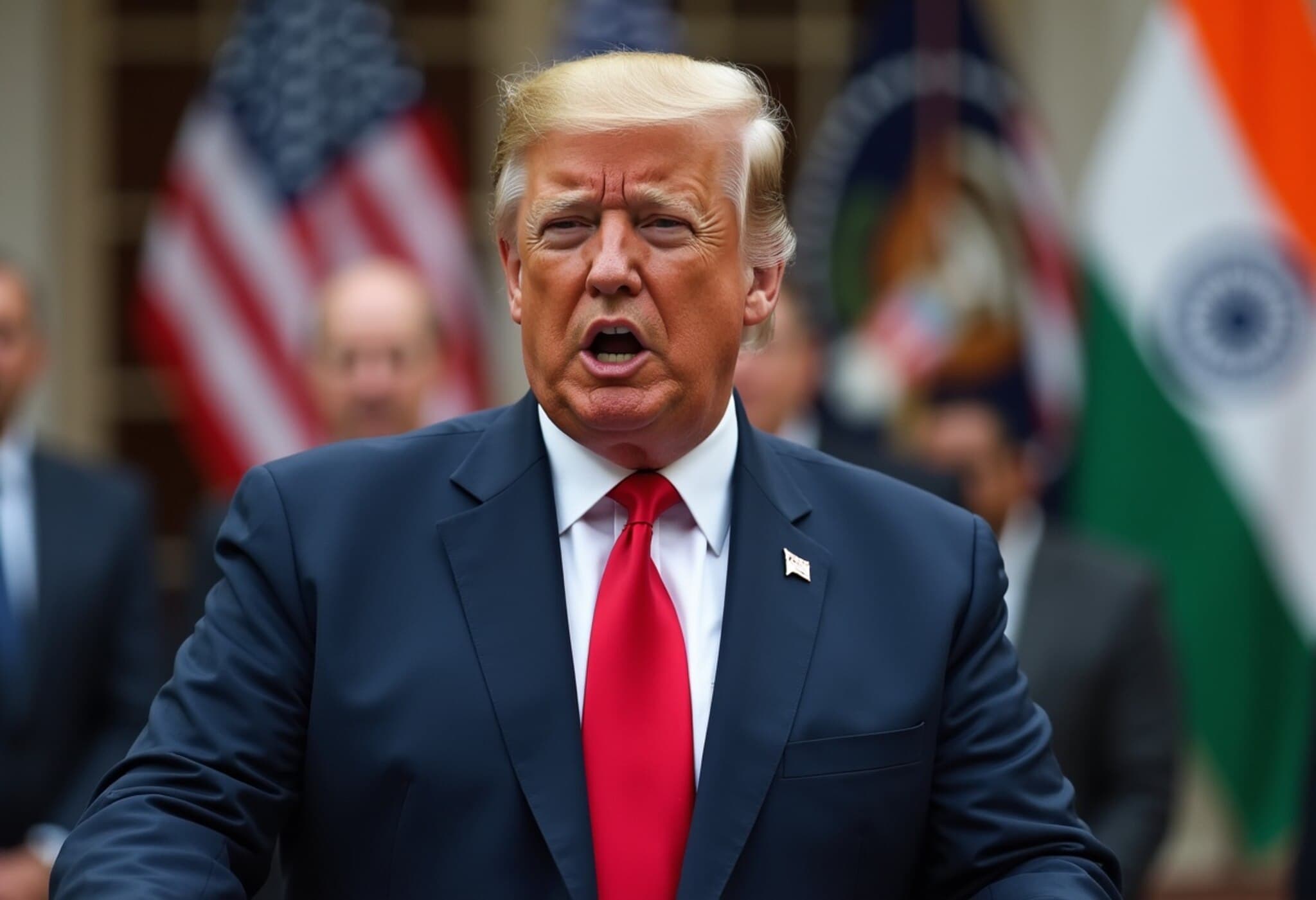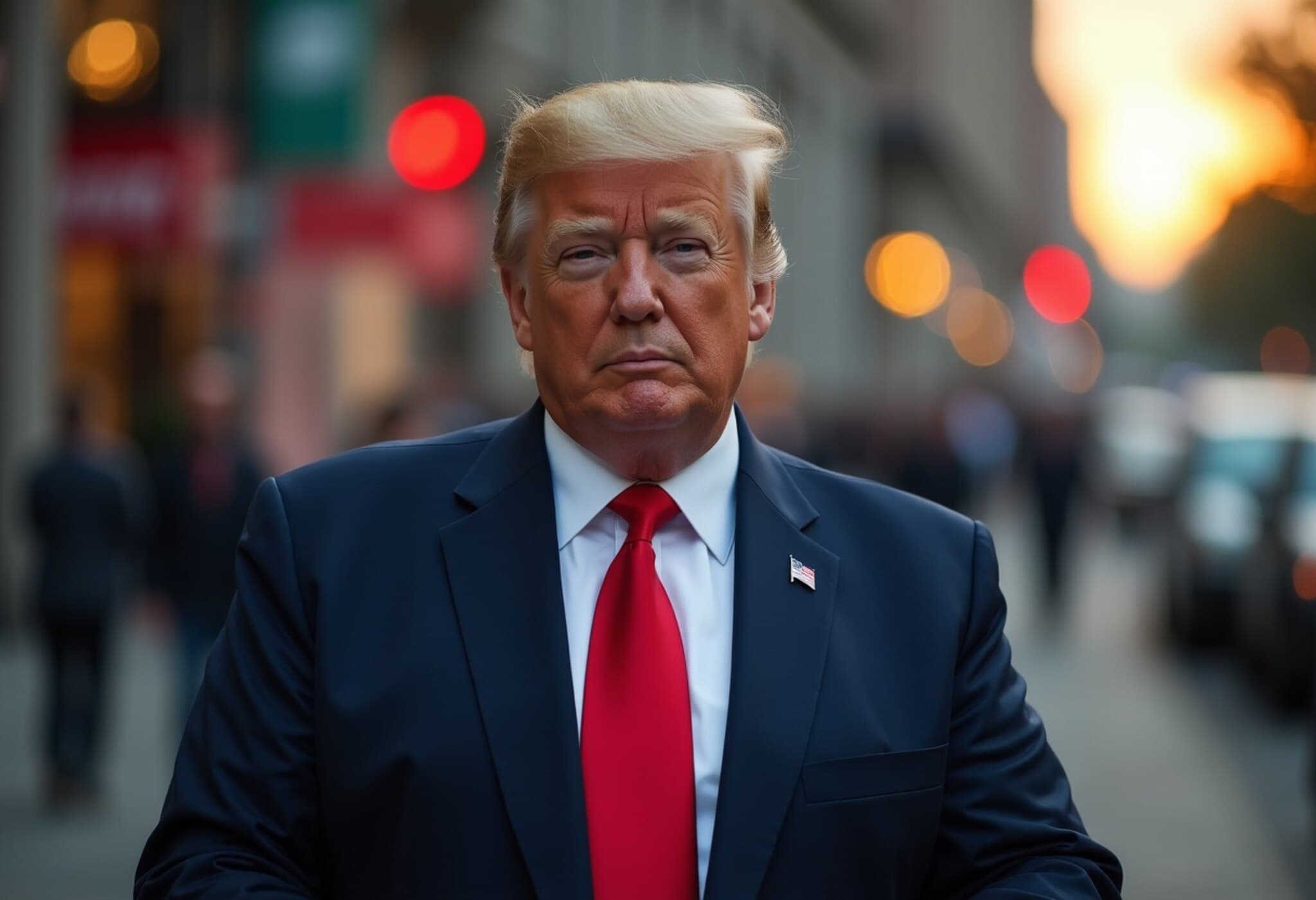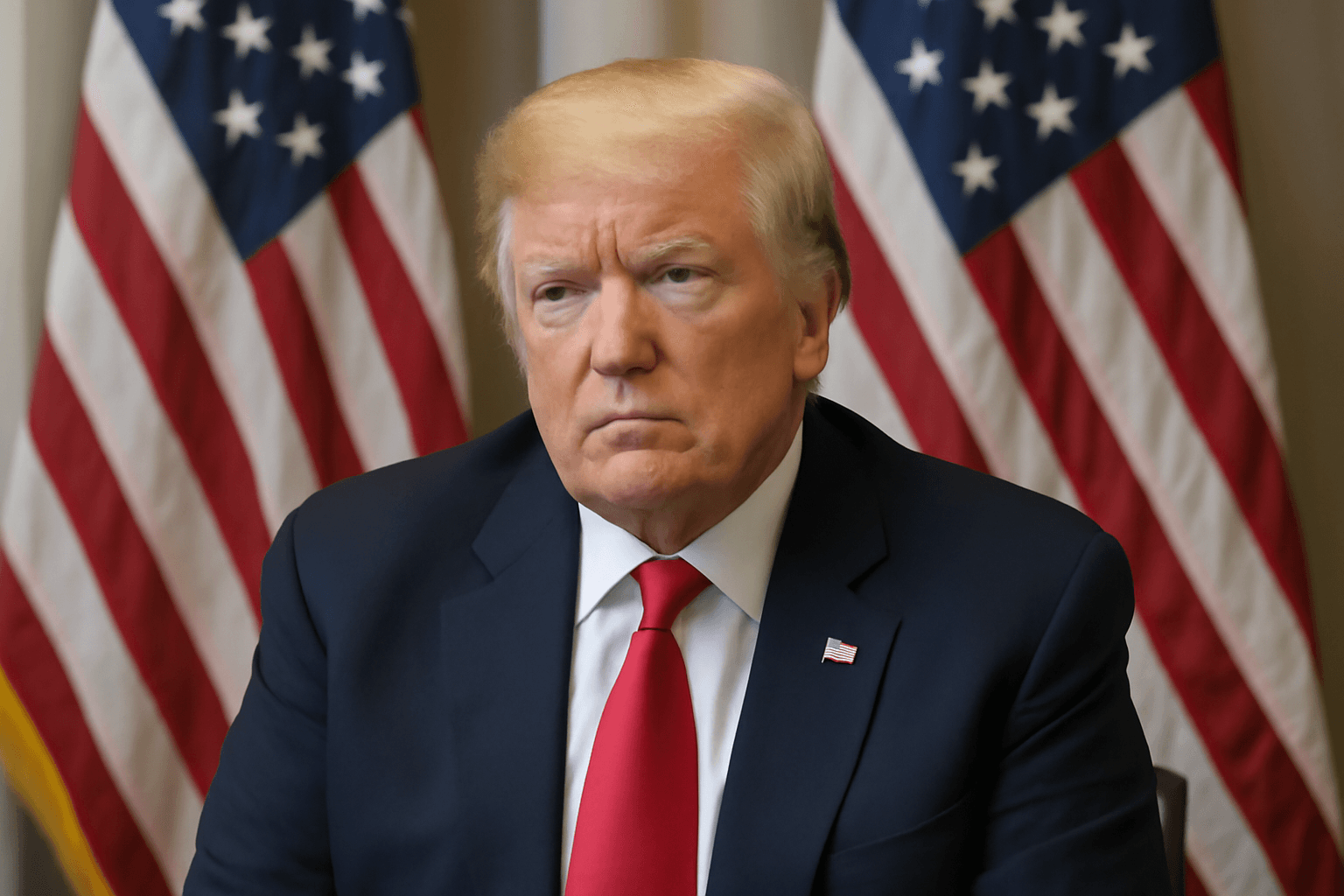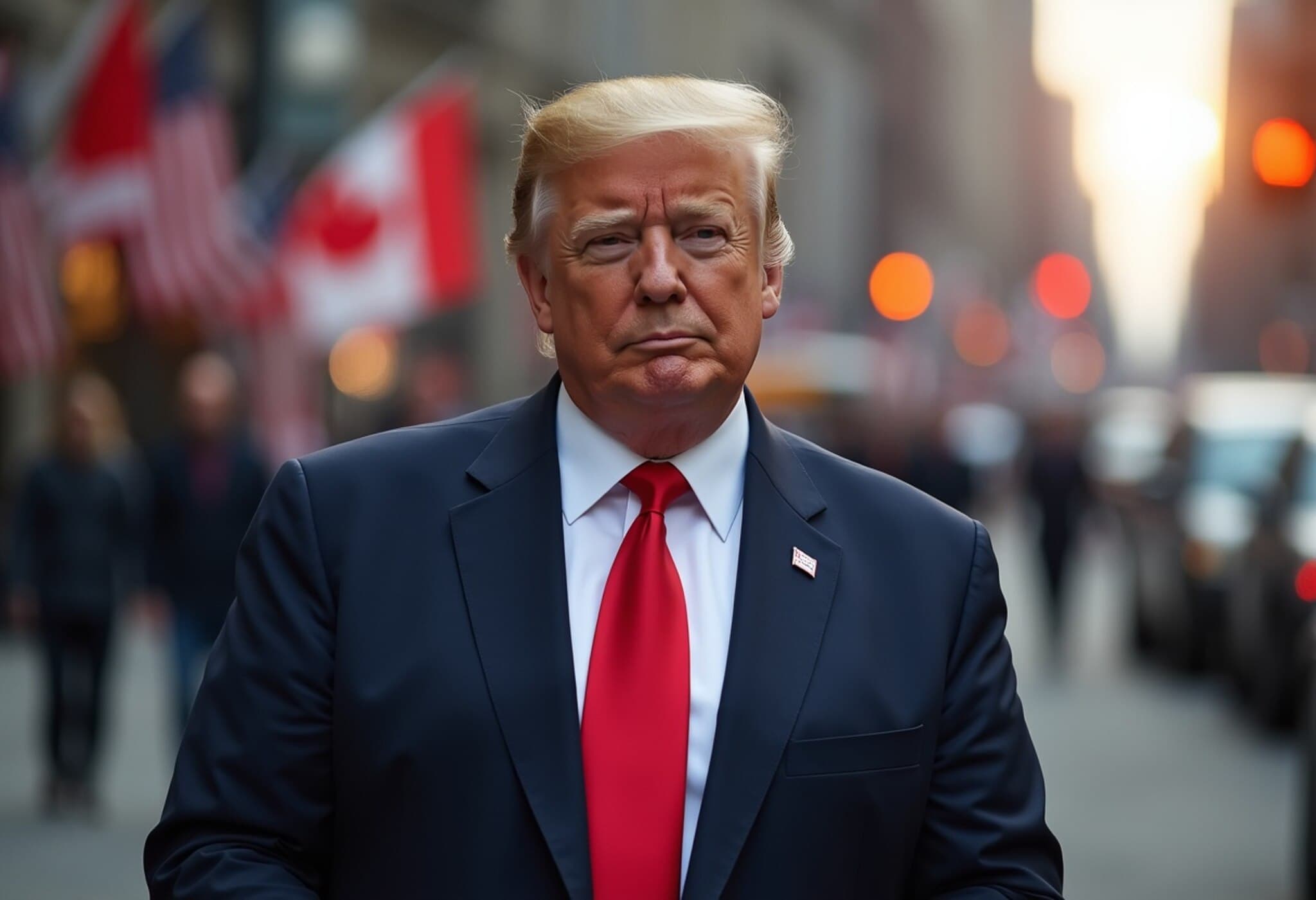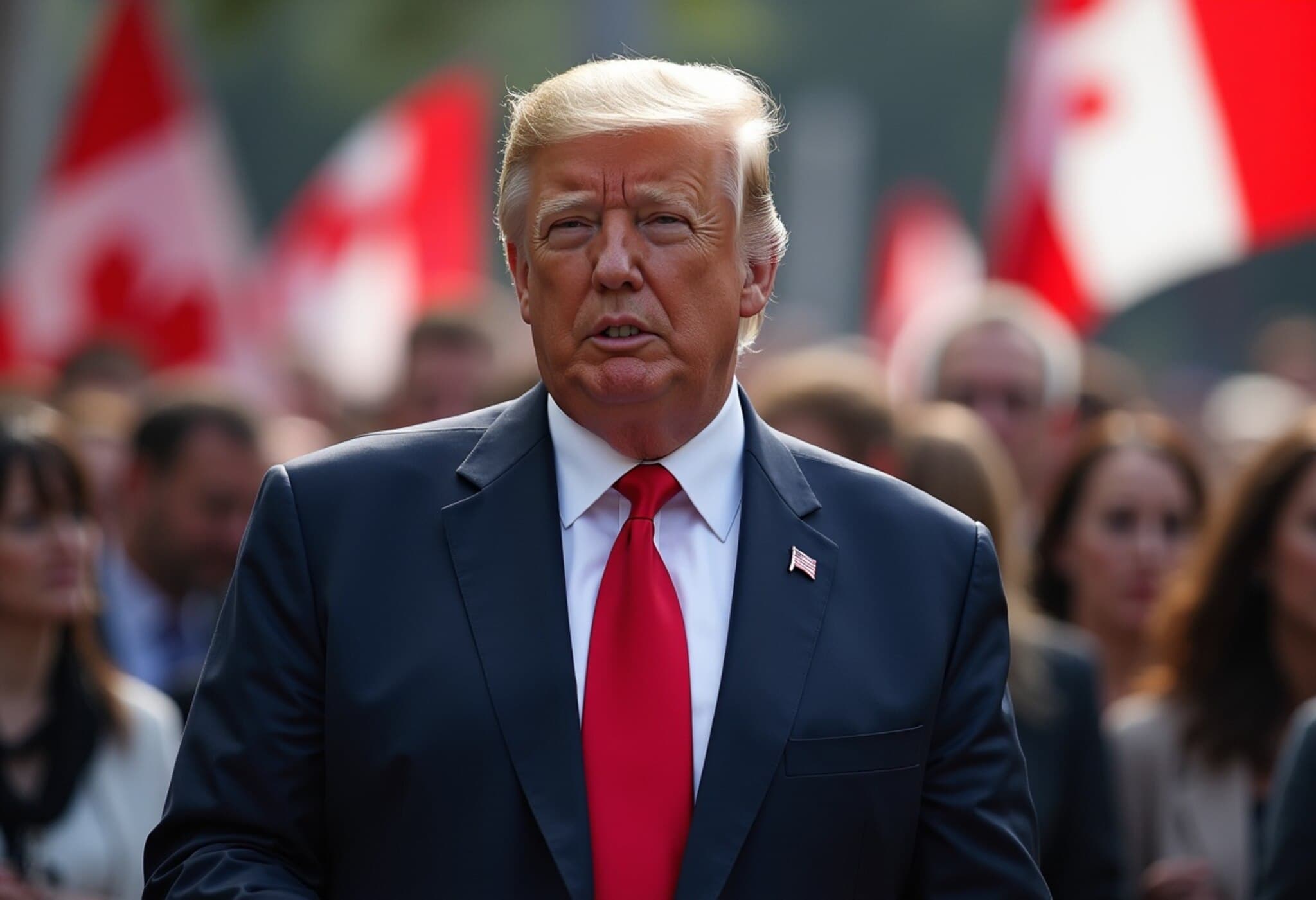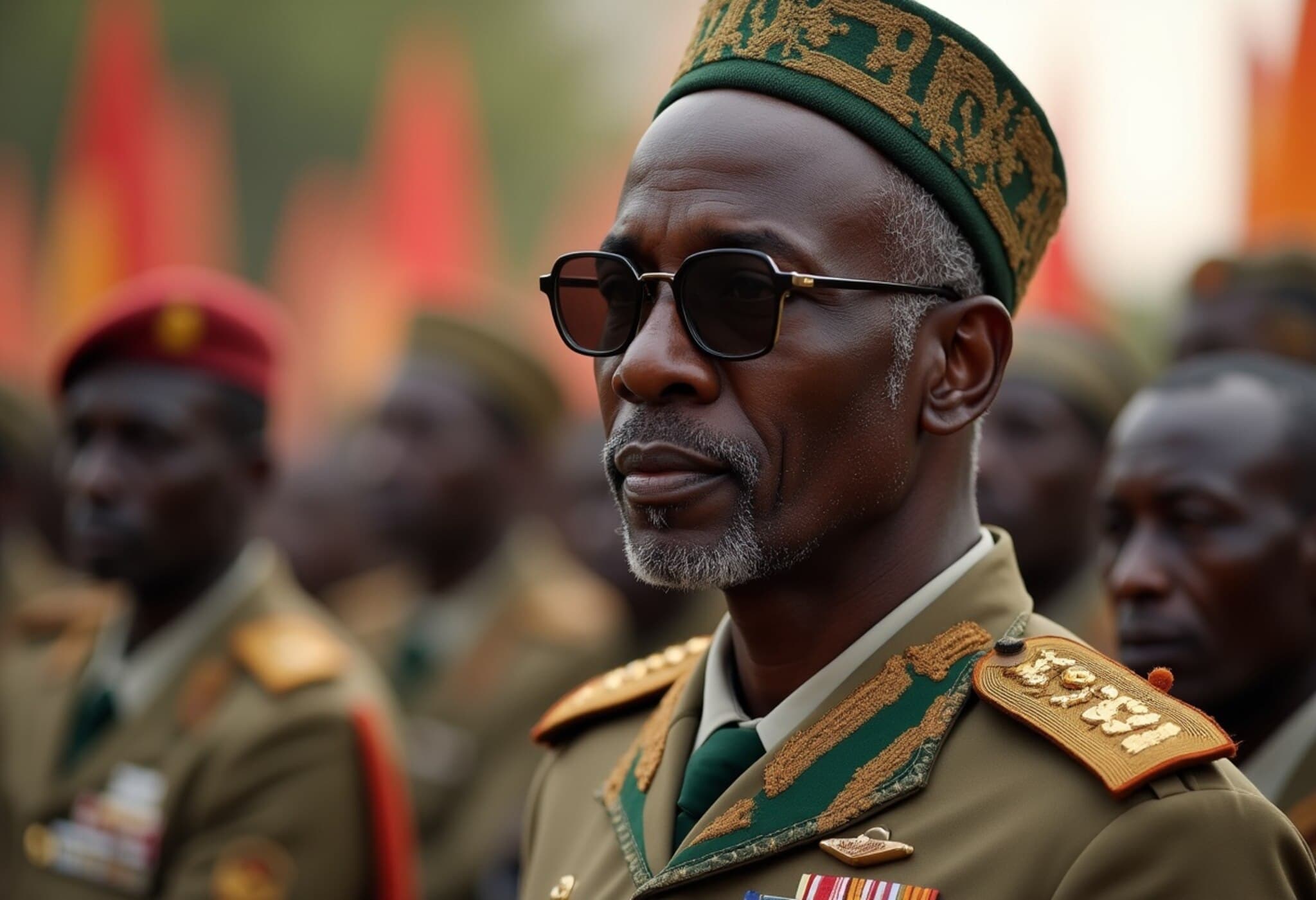Brazil Responds Firmly to Trump's 50% Tariffs
In a bold escalation of trade tensions, Brazilian President Luiz Inacio Lula da Silva has threatened to impose equivalent 50% tariffs on all United States imports after President Donald Trump announced sweeping duties on Brazilian goods. This move marks a significant flare-up in US-Brazil trade relations, highlighting deeper political and economic frictions.
Background: The US Tariff Move
On July 10, 2025, President Trump declared a 50% tariff on Brazilian exports to the US, citing concerns over Brazil’s internal political climate — specifically accusing President Lula’s administration of conducting a “witch-hunt” against former leader Jair Bolsonaro. Bolsonaro is currently facing a criminal trial related to his attempts to overturn the 2022 election results.
Lula’s Defiant Response and WTO Appeal
Speaking to the Brazilian media outlet Record, President Lula stated unequivocally, “If he charges us 50%, we’ll charge him 50%.” He announced plans for Brazil to officially appeal to the World Trade Organization (WTO), seeking international scrutiny of the US tariff policy and demanding a transparent explanation from Washington regarding its trade actions.
Earlier in the day, Lula convened a meeting with his key ministers to strategize the next steps. His chief of staff’s office revealed they will form a dedicated study group to assess the ramifications and to formulate Brazil’s official retaliation.
Trump’s Hardline Trade Strategy
In a letter addressed directly to Lula, President Trump warned that should Brazil impose any retaliatory tariffs, the US would further increase its duties beyond the current 50% rate. This aggressive posture signals Trump’s commitment to a high-stakes negotiation through sheer tariff escalation.
The US tariffs, scheduled to begin on August 1, 2025, mirror similar levies being imposed on multiple other countries, many of which have also been caught in the wide net of Trump’s “reciprocal” tariff policies. Notably, tariffs on US imports of copper—a metal crucial for emerging green energy technologies—will come into effect on the same date.
Broader Implications for US-Brazil Relations and Global Trade
This tariff clash adds another layer of complexity to the bilateral relationship between two of the Americas' largest economies. Historically, the US enjoys a trade surplus with Brazil, making this tit-for-tat tariff imposition especially noteworthy as it deviates from traditional trade friction patterns.
Experts warn that such abrupt tariff hikes risk undermining broader economic cooperation and could ripple into disrupted supply chains for a variety of industries, from agriculture to technology. Additionally, the theme of intertwining domestic politics with international trade policy raises critical questions about how democracies manage political disputes that spill over into economic realms.
Underreported Angles and Regional Context
- The political backdrop: Brazil's move to appeal at the WTO reflects a growing urgency among emerging economies to contest what they perceive as unilateral US trade measures that violate global trade norms.
- Environmental stakes: The US tariff on copper impacts sectors critical to sustainable technologies, potentially slowing progress on green energy initiatives.
- US domestic politics: The tariff escalation may partly reflect internal political messaging by Trump ahead of upcoming electoral contests, leveraging trade disputes as signals of strength.
Looking Ahead: What to Watch
As August 1 approaches, all eyes will be on whether Brazil follows through with its promised retaliatory tariffs and how the WTO responds to the formal appeals. The potential for a prolonged trade standoff looms, with economic consequences for businesses and consumers in both countries.
For US policymakers, balancing protectionist impulses against the broader need for strategic partnerships in Latin America presents a pressing diplomatic challenge.
Editor’s Note
Brazil’s threat to impose 50% tariffs on US goods is more than a mere tit-for-tat retaliation — it epitomizes a growing fracture in global trade governance where unilateral actions threaten the rules-based system. This episode urges readers to consider how intertwined politics and economics are in shaping international relations today. Will the WTO’s involvement de-escalate tensions or simply add bureaucracy? And crucially, how will this tariff war affect global efforts towards sustainable development and trade fairness? The unfolding story will be essential to watch for everyone invested in international economic stability.

